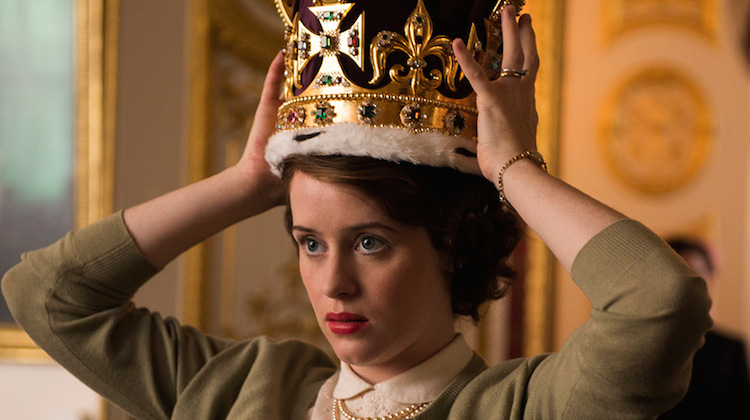 ‘Prepare to be welcomed into the coveted world of power and privilege....the leaders of an empire await,’ states the blurb on Netflix about The Crown. Whether or not you subscribe to the streaming service you will doubtless be aware of the eagerly anticipated new series about the reign of Elizabeth II from Peter Morgan, (of The Queen and The Audience fame) if only because, with a reputed budget of a hundred million, it is the most expensive series yet to grace the small screen. Morgan seems to have cornered the market on our monarch and is light-hearted about his seeming obsession with the enigmatic woman, saying it happened ‘by accident’ through his interest in politics, power and the press, themes he has returned to throughout his career. He has tellingly also written about Nixon, Tony Blair, Idi Amin and Henry VIII. When interviewed by Andrew Marr who suggested he must have developed a deep affection for the Queen he joked that perhaps it was ‘Stockholm Syndrome’. He has often been quoted as saying that he has no interest in meeting her as he feels it would compromise his project to seek royal approval. It is a sentiment I applaud and one that makes for a better, richer and more honest drama. Morgan is a subtle writer who doesn’t spoon feed the viewer and this works well for material that might have become mawkish in the hands of another. This is no scurrilous soap opera about the royals; it is a subtle and impressive exploration of a strangely fascinating and archaic institution. The research is meticulous and the pacing measured, refusing to resort to the cheap cliff-hangers and explosive sex scenes we have become used to in television drama, allowing the performances to take centre stage. Clare Foy’s Elizabeth is a masterful portrayal, her accent perfectly pitched and the sense of buttoned up shyness and vulnerability she conveys is touching. Her dialogue is spare and she uses long and meaningful pauses to great effect. 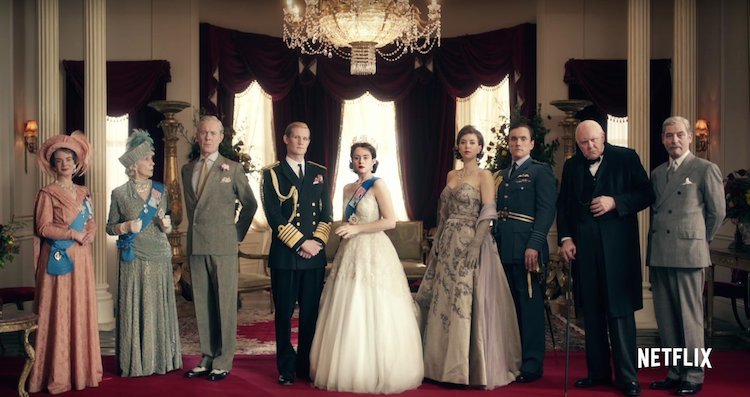 As the drama progresses we come to understand that it is not the Queen but the crown that is the central character and she merely its embodiment, constantly tugged between her public and private selves, making Foy’s quiet portrayal all the more powerful. Another compelling performance comes from Vanessa Kirby as Princess Margaret, the foil to her sister, who spills over with barely repressed libido, her dresses seeming about to slip off and expose her, compared to Elizabeth’s demure cardigans and brooches. Though each episode works as its own complete narrative, Margaret’s scandalous affair with the divorced Group Captain Peter Townsend provides one of the main narrative threads stitched through the series as a whole. The romance itself comes secondary to its political implications. The example of Margaret’s outcast uncle looms, played with a louche precision by Alex Jennings whose flat vowels, presumably an affectation caught from his American wife, cause unmasked disapproval from his relatives, particularly Queen Mary, who is herself wont to burst into German, a telling detail that is pure taboo. We see history repeating and understand the glacial pace of change within this institution. Almost twenty years have passed, a world war has been and gone, the country has changed beyond recognition, yet still a royal princess cannot marry a divorcee. Margaret’s inappropriate love becomes the catalyst for Elizabeth’s slow realisation that her duty to the crown must come before everything, including her loyalty to her sister. It is an understanding hard won. Morgan uses pairs of characters, working against one another to create drama: Elizabeth and Margaret, Elizabeth and Prince Phillip, Edward VII and George VI and Churchill and Eden, whose rivalry occupies another primary narrative thread. Indeed Churchill too stubbornly resists change, living in the past, like the royal family. These pairs are all in some ways deeply connected and yet exposed to betrayal by the uncompromising force of duty. Morgan employs flashbacks to the past to emphasise the pressure of history and responsibility weighing down on the shoulders of a young woman quite unprepared for the role that is thrust on her by the premature death of her father from lung cancer. She may be Queen but we understand that she hasn’t even the power to choose her Private Secretary. Tommy Lascelles is foisted on her, exquisitely brought to life by a saturnine and moustachioed Pip Torrens, who comes to represent the pedantry of the royal institution. Protocol and precedence dictate everything. Morgan’s spare and precise writing allows us to see this in a powerful scene in which Elizabeth first encounters her family as Queen. Her sister kisses her on the cheek in intimate close-up and they make for the stairs, the camera drawing back. ‘Wait,’ says the Queen Mother to Margaret. Her sister must go first from now on. Prince Phillip gives her a look, a minuscule, knowing smile and we, like Margaret, begin to understand the new dynamic and how it will impact on their personal relationships: Elizabeth in chilly isolation and her husband, mother and sister always in her wake. Every episode is shot through with themes of sacrifice and duty, exposing what seems an arcane and illogical system that has a country in its thrall. This is emphasised by the scenes set in the impersonal spaces of the palace, its hushed carpeted acres bathed in cool blue light with staff moving through them silently. This is cast into sharp relief by glimpses into Margaret’s wild parties, seen mainly from a servant’s eye view, through half opened doors, lit with tantalising warmth, and Prince Philip’s escapades with his male friends, whizzing around London’s night spots in his sports car. He too, like his glamorous sister-in-law, is depicted as a charismatic individual sacrificed to a system beyond his control. There is barely a hair out of place in this impressive drama and I found myself watching it compulsively. My criticisms are few; an unnecessarily silly episode with a rogue elephant and the occasional anachronistic idiom, which only a pedant like me might notice, stood out, perhaps more so because everything else was so carefully rendered. The greatest pity for me is that was The Crown on the BBC we would all be talking and tweeting simultaneously about each episode, and together impatiently awaiting the next. That is the downfall of streaming sites like Netflix but had it been a BBC production it certainly wouldn’t have had such a stratospheric budget and high production values and would have been the poorer for it – nor would I have been able to binge watch the entire first series over two days. Images: Netflix First published on Historia – the place to go for the best in historical writing. Elizabeth Fremantle’s latest novel The Girl in the Glass Tower is published by Penguin.
0 Comments
Leave a Reply. |
Subscribe to Elizabeth's quarterly newsletter below:Archives
June 2018
Categories
All
|
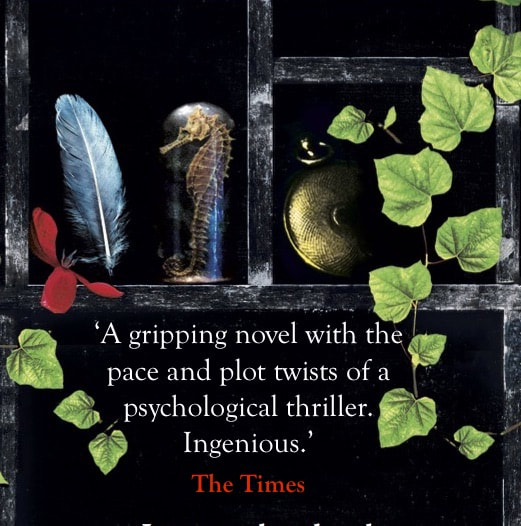
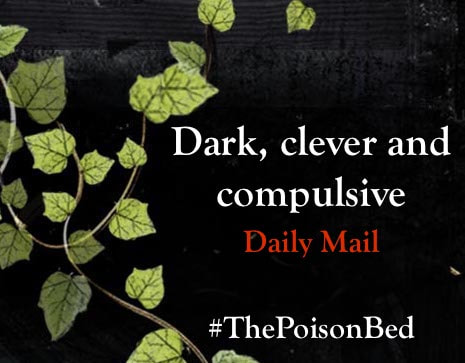
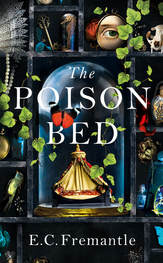
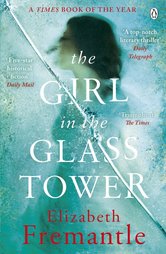
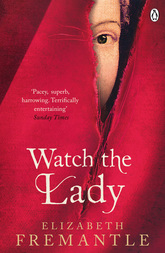
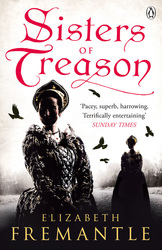
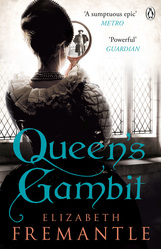
 RSS Feed
RSS Feed
